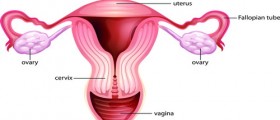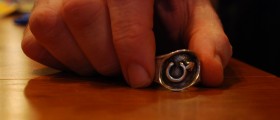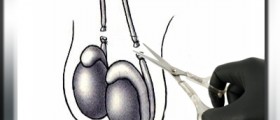
Essure consists of tiny inserts that are not unlike a grain of rice, which are inserted into the fallopian tubes. This is an outpatient procedure that can be carried out under local anesthetic, and is much less invasive than a classic tubal ligation. There is no surgery involved. Instead, the inserts once placed encourage the growth of tissue around them, something that will permanently block the fallopian tubes. This happens within three months of the placement procedure, after which your doctor will perform a test to make sure that your tubes are blocked successfully and you will not be able to get pregnant.
At 99.8 percent effective, this permanent contraceptive will give you more peace of mind than many others. The advantages are clear a non invasive procedure, no hormones, and the knowledge that you will never need to use contraceptives again. But the Essure procedure is completely irreversible, and is only suitable for those women who are absolutely sure that their family is complete and they do not want to get pregnant in the future, at any time. The actual Essure procedure is over in less than 10 minutes, and while it is possible to have Essure fitted without any anesthesia, many women who have done this did report pain. So plenty of gynecologists opt to carry this insertion procedure out with the help of local anesthesia. If you are having Essure fitted, you will need somebody to drive you home afterward. At first, you may experience some pain and cramping.
- medlineplus.gov/ency/article/002913.htm
- www.nhs.uk/conditions/contraception/female-sterilisation/
- Photo courtesy of Petr Kovar MUDr. Havirov by Wikimedia Commons: commons.wikimedia.org/wiki/File:Zav%C3%A1d%C4%9Bn%C3%AD_spir%C3%A1ly_Essure.jpg














_f_280x120.jpg)


Your thoughts on this
Loading...